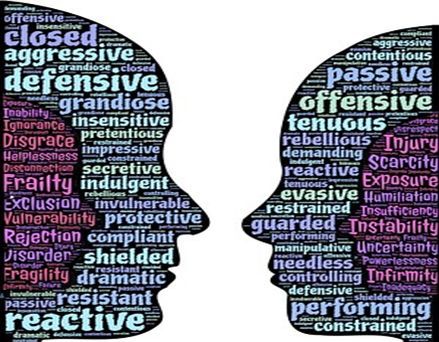In today’s fast-paced business world, it’s more important than ever to understand the behaviour of the people you work with. Understanding your colleagues, customers, and competitors can give you valuable insights that can help you succeed.
But what does it mean to truly understand someone?
According to influential business thinker Verne Harnish, understanding is “the ability to see things from another person’s perspective.” It’s about being able to modify your own behaviour and communicate in a way that resonates with the person you’re trying to interrelate effectively with.
To achieve a greater understanding of the people you work with, it’s important to engage with them on a personal level. This means taking the time to listen to their perspective and to draw out their thinking through asking curious open-ended questions. It also means paying attention to the little behavioural details that can give you insights into whether they are resonating with you or not.
Understanding others is not always easy. Common errors in understanding behaviour include making assumptions that others think like you and failing to consider cultural and linguistic differences. To avoid these errors, it’s important to be conscientious in your approach to understanding others.
One way to increase your understanding of others is to use appropriate terminology. This means using words and phrases that are specific and contextually meaningful to the person you’re trying to understand. This can be especially important in business, where the use of jargon and technical terms can be confusing or off-putting.
Another way to improve understanding is to utilise the very powerful insights that are gained from Behavioural Profiles. Profiles speed up the typical time it takes to get to know some of the deep elements of an individual’s behavioural traits. This type of understanding enables you to appreciate some of the underlying motives and unexpressed expectations which can be easily misinterpreted.
Profiles can be an effective tool to help reveal, explore, and resolve a complex interpersonal problem. They are also good to assist in improving good relationships, because behavioural profiles give a detailed analysis of an individual’s traits, which reveals insights into specific behaviours and habits. They are often used in business, education, and other fields to better understand and address or improve relational interactions.
Excellent Behaviour Profile tools that we use are the following:
- Harrison Assessments – https://ald-coaching.harrisonassessments.com/
- DiSC – Disc Profile Info sheet
- Specific Topics – i.e., Listening, Leadership – Plus more…
In conclusion, understanding behaviour is a crucial aspect of business. It is important to understand the people we work with to have a greater understanding of their behaviour, motivations, and perspective. With the right approach, we can build a more cohesive, productive team and achieve greater success in our business endeavours.



